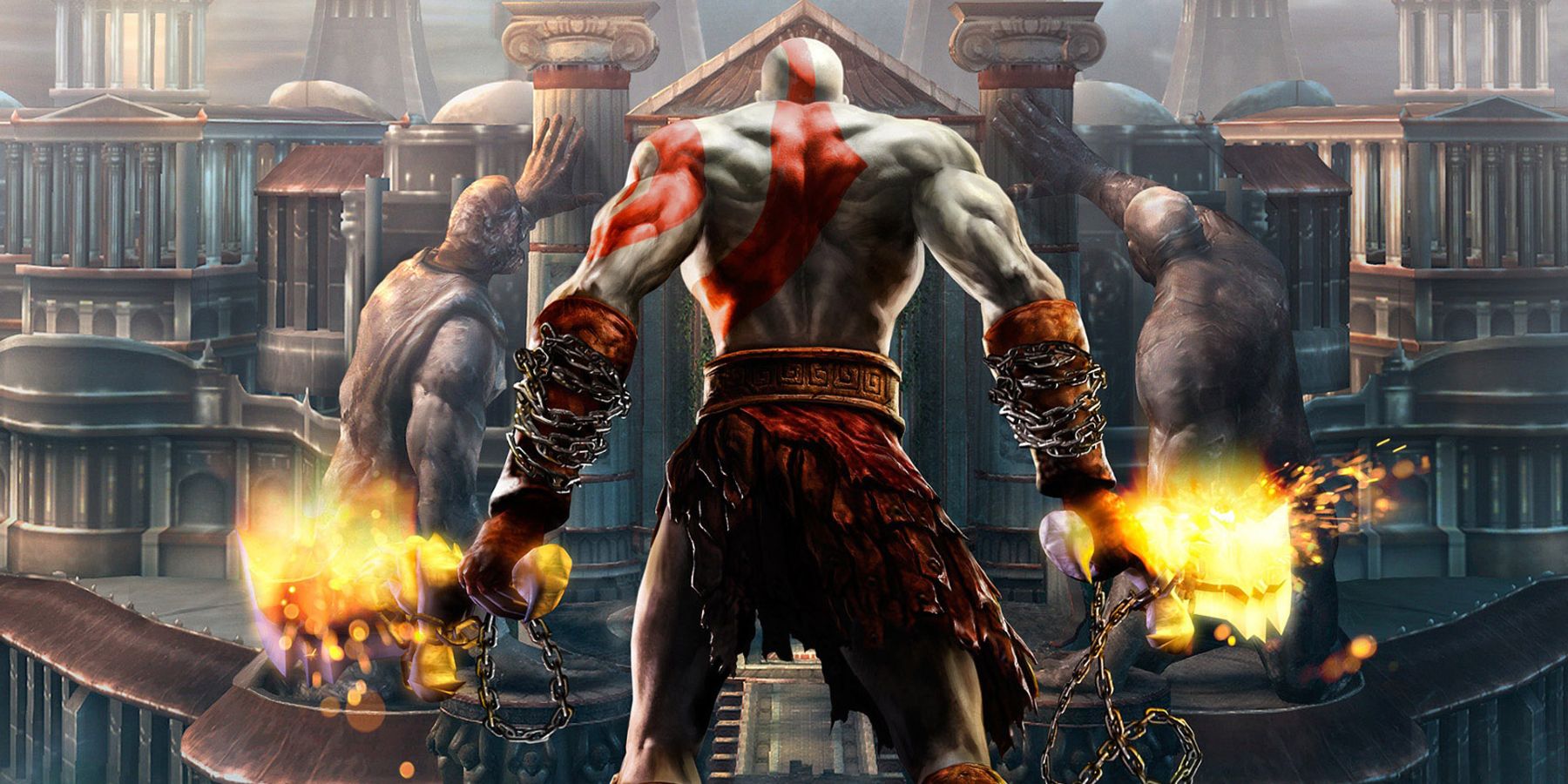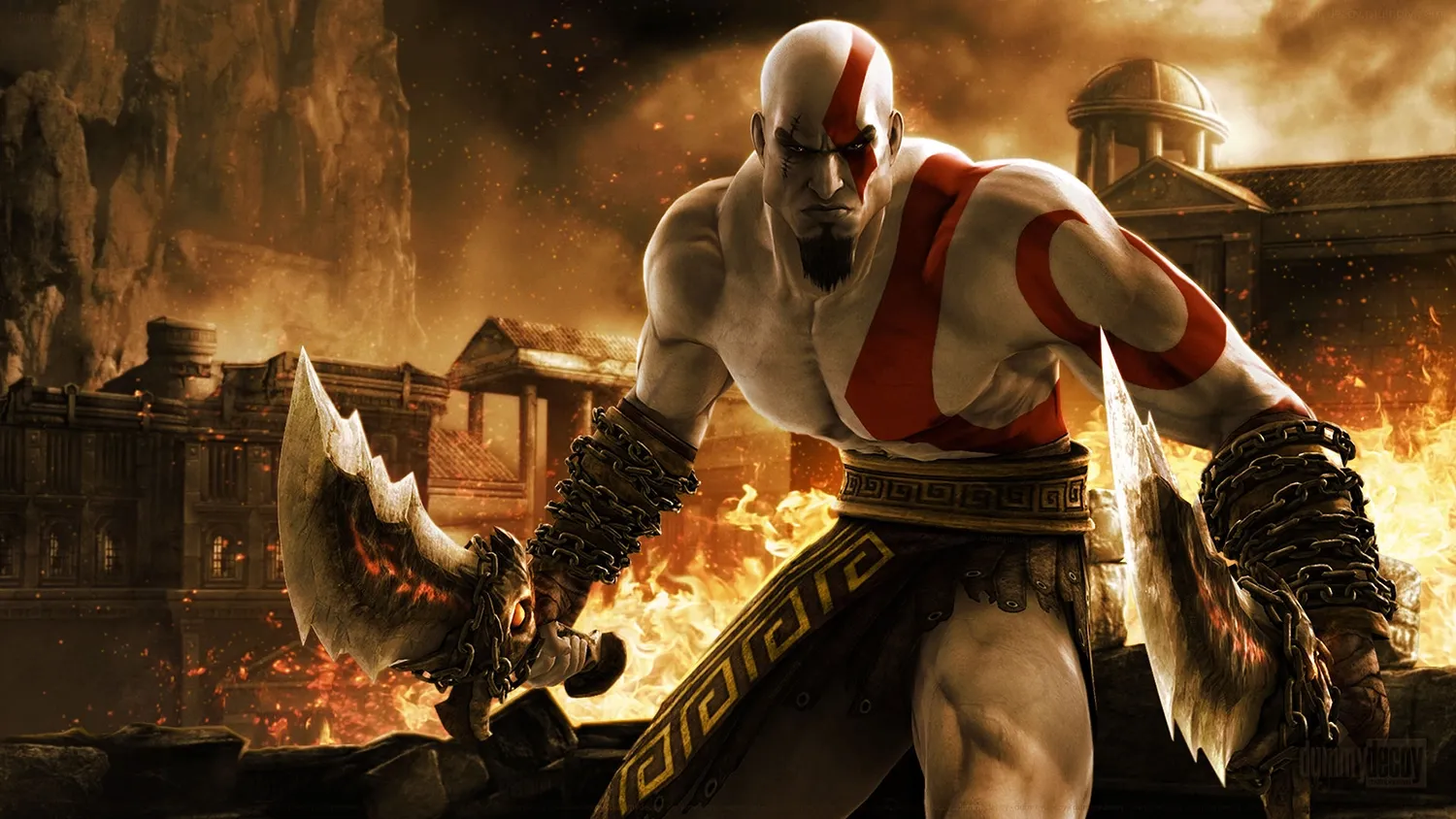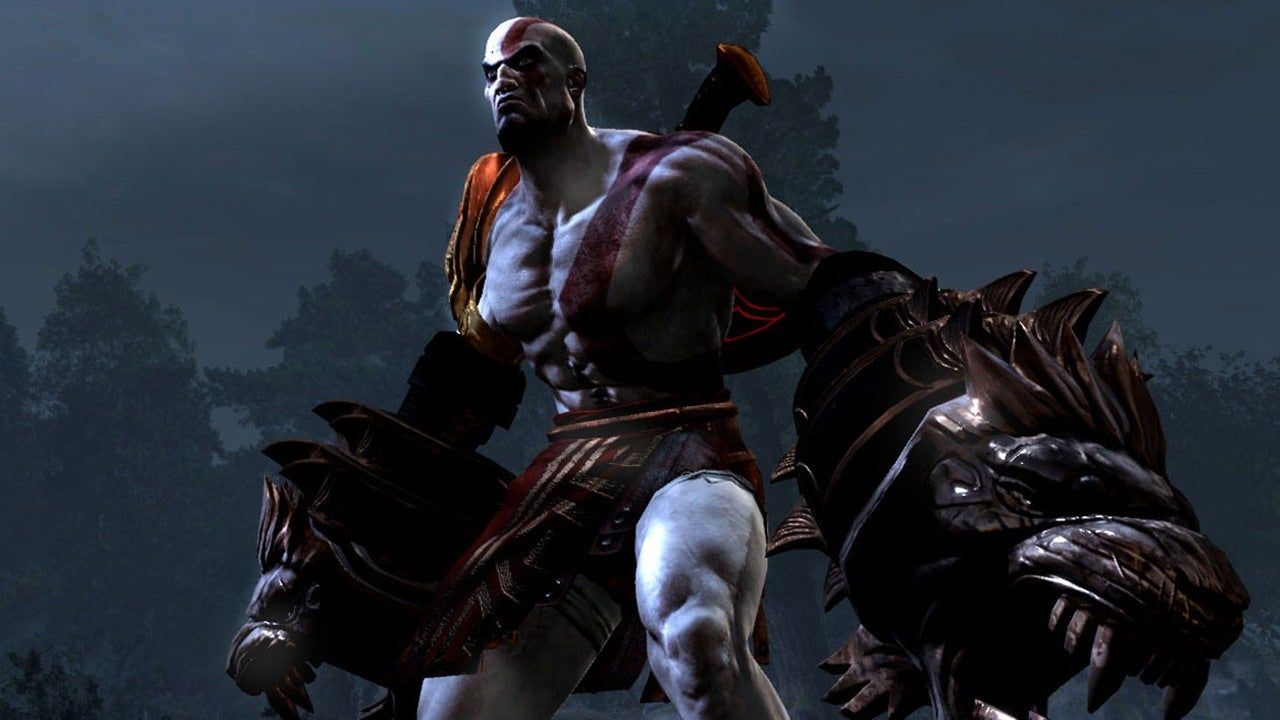PLEASE NOTE: This article contains MAJOR Spoilers for God of War Ragnarok. Proceed at your own risk.One of the God of War franchise’s biggest assets that is its ability to transition from one mythology to another. Before the previous God of War game from 2018, this idea could have seemed absolutely ludicrous and perhaps even redundant with Kratos’ past seemingly embedded in the Greek pantheon. However, with the Greek mythology obliterated following the deaths of its prominent gods, it made a lot of sense for the franchise to move onto another if it was ever going to continue forward with Kratos’ narrative.
The future of the franchise now looks incredibly bright following the events of God of War Ragnarok, as many choices were made that leave it open to an ambiguous direction. Atreus has departed from the Norse lands to hopefully find any remaining Giants, which will probably take him to another mythology if any of the game’s allusions have meant anything. It is unclear even at the end of God of War Ragnarok where Atreus is headed, but wherever the franchise continues its adventures, it would be fantastic to see weapons from previously explored mythologies represented in narrative and gameplay.
God of War’s Greek History Should Not Be So Easily Forgotten
The God of War franchise has been happy to indulge in its iterative Norse mythology for the past two games, but that has seemingly brushed its Greek origins under a rug. In both God of War 2018 and God of War Ragnarok, Kratos’ past has only been mentioned in passing a handful of times and typically only in sparse dialogue while players are uneventfully traveling.
Finally, God of War Ragnarok’s endgame dialogue sheds light a bit more on Kratos’ past at the request of Mimir. It is here that Mimir wonders if Kratos could access any of the powers he had while in the Greek pantheon, but Kratos claims to not be able to despite having tried himself to recall those abilities. Atreus traversing mythologies seems to be up next, as it is made apparent in God of War Ragnarok's ending.
Weapons Carried into New Mythologies Could Be an Engaging Tribute
It may not make canonical sense to have weapons from previous games carry over into the next ones, but there are a few ways that this could be done for dramatic effect, as well as for satisfaction in gameplay. It is dependent upon which mythology the God of War franchise decides to travel to next, but there will likely be another staple weapon it introduces that could potentially become as iconic as the Norse mythology’s Leviathan Axe.
It would not be expected that Atreus would have any of Kratos’ weapons, especially if Kratos is alive and well in the Norse mythology still. But it is possible that Atreus could discover additional weapons from his father’s past and use them in battle elsewhere. Having a Medusa’s head to turn incoming enemies to stone would be gratifying, for example, while God of War 3’s Nemean Cestus could help Atreus pack a heavier punch. Greek and Norse tributes in an Egyptian, Japanese, or other proposed setting would be incredible to represent the franchise’s diverse lineage of explored environments.
If Kratos is given another entry as the game’s protagonist, it is likely that his weapons will all be available. The Draupnir Spear, for example, has many applications that would be sorely wasted if only featured in a single entry.
God of War Ragnarok is available now for PS4 and PS5.



